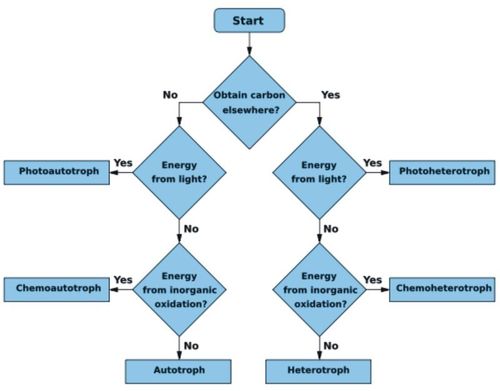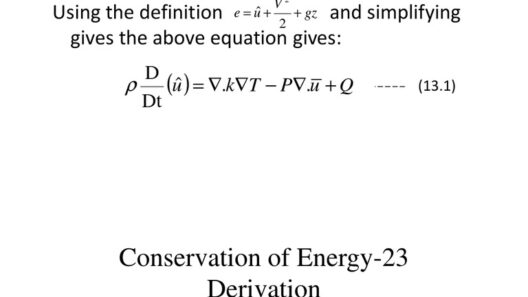Energy conservation in private businesses is not merely a trend; it is a necessity that aligns with the urgent calls for sustainability in the face of climate change. By adopting green practices, businesses can not only reduce their carbon footprint but also cut costs, enhance their corporate image, and attract environmentally conscious consumers. This discourse will outline various methodologies and practices that enterprises can implement to conserve energy effectively.
Firstly, evaluating and upgrading lighting systems presents a prime opportunity for energy savings. Traditional incandescent bulbs consume an exorbitant amount of energy compared to their modern counterparts—LEDs and compact fluorescents. Transitioning to LED lighting can reduce energy consumption by up to 75%. Moreover, integrating motion sensors and timers in less frequented areas can ensure that lights are only utilized when necessary, providing an additional layer of energy efficiency.
Another fundamental approach is to conduct an energy audit. By scrutinizing energy consumption patterns, businesses can identify inefficiencies and strategize targeted interventions. This may involve hiring professional auditors or utilizing software that analyzes energy usage. An audit helps in pinpointing specific areas where energy leaks occur and provides actionable insights for improvement.
Temperature regulation is also critical for energy conservation. Heating, ventilation, and air conditioning (HVAC) systems are often the largest energy consumers within a facility. Regular maintenance of these systems enhances their efficiency. Additionally, utilizing programmable thermostats allows for optimal temperature control; setbacks during non-working hours can yield substantial savings. Embracing natural ventilation and insulating windows can minimize the reliance on energy-intensive systems.
Moreover, businesses can invest in smart technologies. Smart meters and energy management systems provide real-time data on energy usage, empowering companies to make informed decisions. By connecting appliances and systems through the Internet of Things (IoT), businesses can optimize their energy consumption patterns effortlessly. This integration not only conserves energy but also reduces operational costs significantly.
It is equally important to consider renewable energy sources. Installing solar panels or wind turbines can significantly diminish dependency on fossil fuels. Although the initial investment may seem daunting, the long-term financial benefits, coupled with tax incentives, can facilitate a swift return on investment. For companies unable to invest in renewable technologies, opting for green energy suppliers can be a viable alternative. This transition supports the growth of renewable energy and contributes to a sustainable future.
Encouraging a culture of energy awareness among employees is paramount. Training sessions can enlighten staff on energy conservation practices, such as turning off unused equipment and utilizing natural light. Incentivizing energy-saving behaviors through recognition programs fosters a communal effort towards sustainable practices. When employees are actively involved, the likelihood of energy waste diminishes significantly.
Furthermore, the implementation of efficient office equipment is imperative. Energy Star-rated devices utilize less energy than standard models, thus saving on electricity bills. This encompasses computers, printers, and copiers, all of which should be turned off when not in use. Utilizing centralized printing stations can minimize energy use and streamline operations.
On a broader scale, businesses can explore alternative transportation options. Encouraging carpooling, biking, or the use of public transport through incentives can lead to reduced emissions and lower fuel costs. Telecommuting options can further minimize the energy consumed in office settings, leading to a decrease in operational energy demand.
Additionally, the approach to waste management has a pivotal role in energy conservation. Implementing recycling programs not only reduces waste but also conserves energy needed for waste processing. Composting organic waste further enriches soil health and reduces methane emissions from landfills. It is valuable to partner with local recycling organizations to promote responsible waste disposal and encourage circular economy principles.
Water conservation is another facet of green practices that promotes energy savings indirectly. Heating water requires energy, so adopting water-saving fixtures—such as low-flow faucets and toilets—can contribute to reduced energy consumption. Regularly monitoring for leaks can prevent excessive water usage, further ensuring that businesses remain energy-efficient.
In line with these practices, fostering a culture of sustainable procurement can amplify energy conservation efforts. Sourcing materials from companies with sustainable practices can ensure a greener supply chain. This includes opting for locally sourced products, which not only trims down transportation emissions but also bolsters local economies.
In conclusion, energy conservation at private businesses encompasses a multitude of strategies that, when implemented holistically, can yield significant financial and environmental benefits. From upgrading lighting systems and conducting energy audits to fostering employee involvement and utilizing renewable energy sources, the potential for energy savings is vast. It is imperative for businesses to not only consider their operational costs but also their ecological impact. Adopting these green practices is not merely an altruistic endeavor—it is a strategic imperative in a world increasingly focused on sustainability. By doing so, businesses can contribute to a healthier planet while enjoying the financial rewards of energy conservation.







